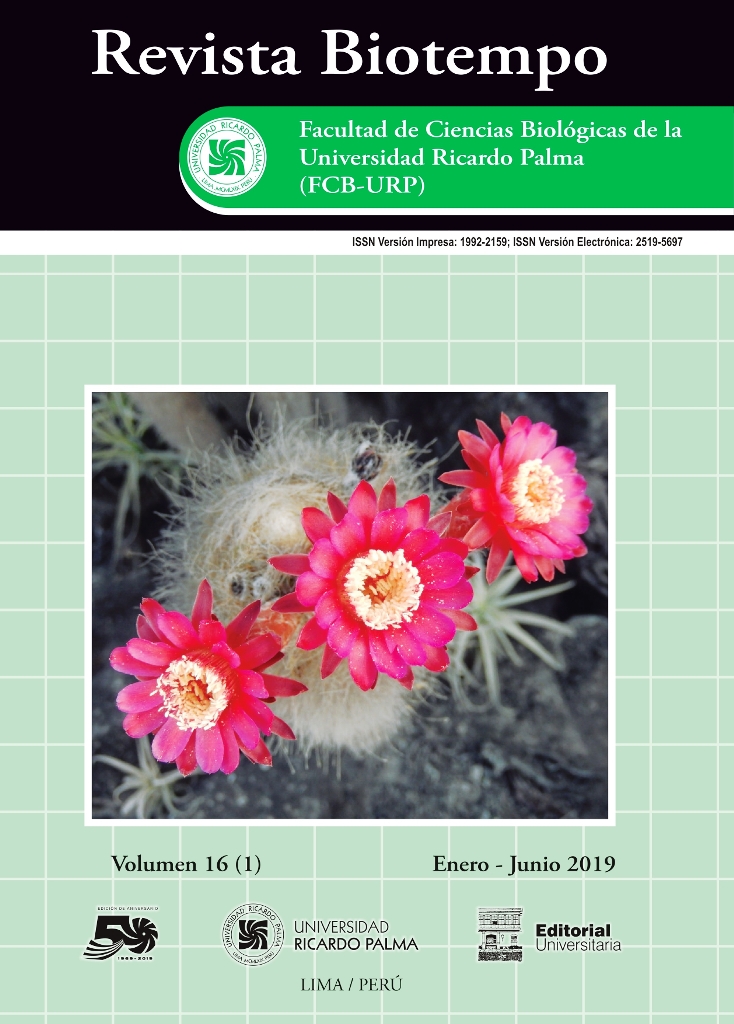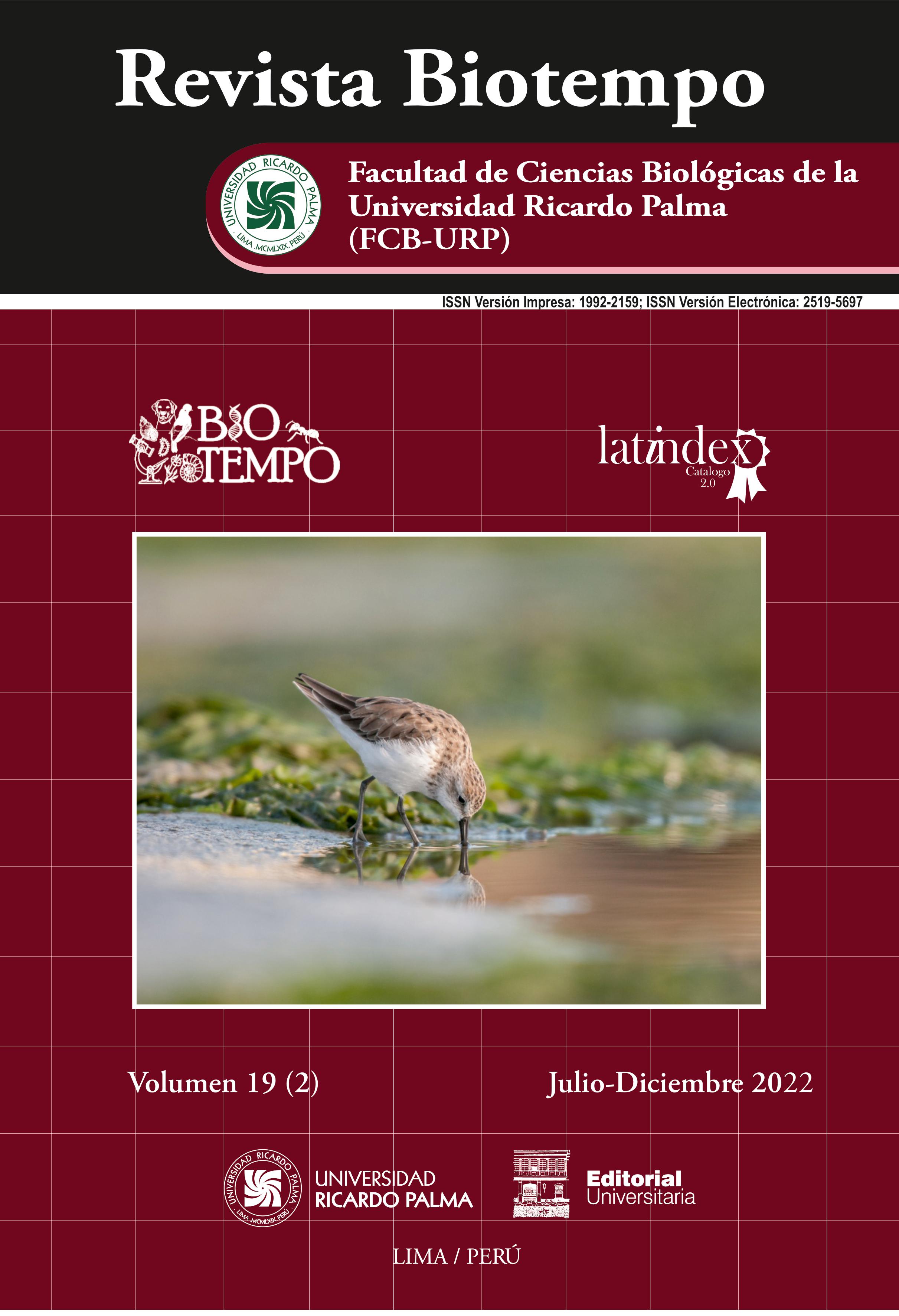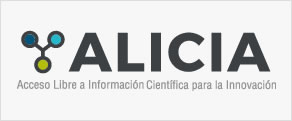LINKING THE COMMUNITY TO THE KNOWLEDGE OF THE MANGOSTA HERPESTES AUROPUNCTATUS HODGSON, 1836 (HERPESTIDAE: MAMMALIA) AS AN INVASIVE EXOTIC SPECIES IN THE CENTER OF CUBA
DOI:
https://doi.org/10.31381/biotempo.v16i1.2180Abstract
In the research it is proposed through interviews, participatory workshops, talks and socio-cultural encounters to link the inhabitants of the town of “Viana” located in the municipality of Cifuentes in the province of Villa Clara, Cuba, to the knowledge of Invasive Alien Species (IAS) and their undesirable eff ects to the vulnerable Cuban ecosystems and to human health and to the knowledge of the species Herpestes auropunctatus Hodgson, 1836, the mongoose. For the effective development of this research, theoretical and empirical methods were used to address the multilateral study of the research object. Th e research represents a novel way of appropriating new knowledge about the species H. auropunctatus on the part of the inhabitants that inhabit this community. In the interviews conducted, it was found that some inhabitants had certain knowledge about the mongoose, but not about the harmful effects that this animal can
cause to vulnerable Cuban ecosystems and human health. 100% of respondents agreed that the main local problem is the loss of poultry due to the attack of the mongoose. Through these activities spaces of exchange and reflection were created about the importance of knowing important aspects of this IAS. This link of cooperation and awareness allows a rapprochement of the villagers with researchers and the feedback of scientific knowledge with popular knowledge. The workshops, talks and socio-cultural meetings were assessed as relevant by the different external evaluators.










